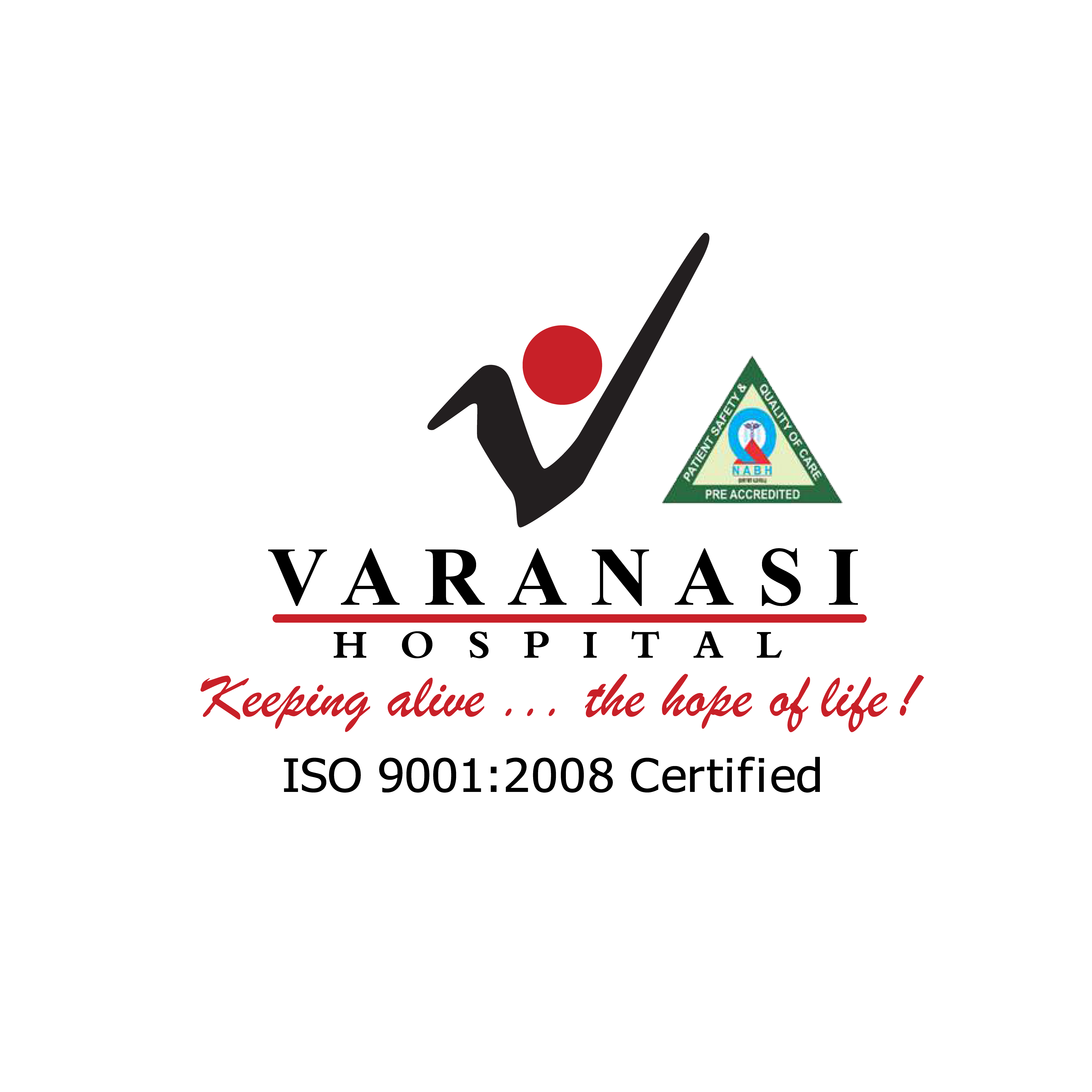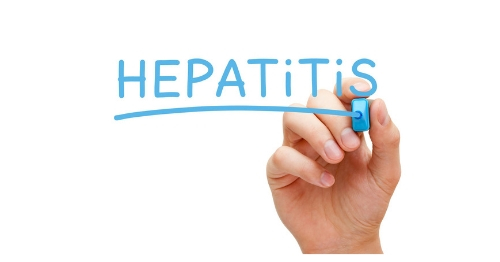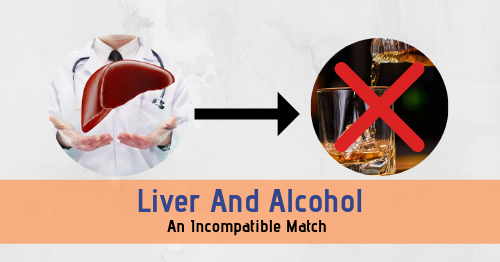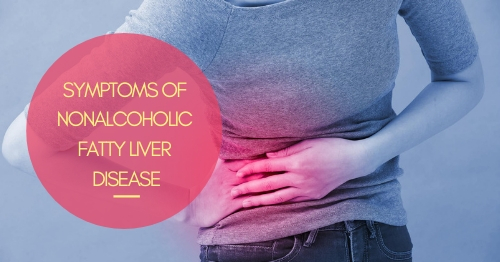Hepatitis: Types, Causes, Symptoms, And Treatment
‘Hepatitis’ is a harmful virus, which affects the liver and might cause serious liver disease, if not treated properly. Generally, it can be prevented if a person gets vaccinated for it on time. However, if this condition has already affected the liver, liver surgery might be needed to address it. Thankfully, laparoscopic surgery of the liver can help treat it effectively.
The liver is a vital organ in our body. It filters out the harmful substances and purifies the blood. Also, it transforms the nutrients and vitamins into substances, which circulate through the blood. A hepatitis-affected liver cannot perform functionally, which eventually leads to liver diseases.
Hepatitis occurs due to excessive alcohol abuse, unprescribed drugs, unhygienic food, etc. Most of the common hepatitis viruses are Hepatitis A, Hepatitis B, and Hepatitis C.
As we are observing World Immunization Week this month, let’s discuss Hepatitis types and its treatment.
Hepatitis A:
It happens due to infection with Hepatisis A virus.
Causes:
- Poor sanitation
- Drug addiction
- Unhygienic foods
- Contamination with stool of an infected person
- Unprotected sex.
Symptoms:
It may or may not project symptoms, but if it does, the following condition might be noted:
- Loss of appetite
- Jaundice
- Dark-colored urine
- Low-grade fever
Treatment And Immunization:
- All children should be vaccinated by the age of 1 year, against hepatitis A.
- There is no specific treatment exists for Hepatitis A, once it onsets.
Hepatitis B:
It happens due to infection with Hepatisis B virus.
Cause:
- Through with blood, semen, or any other body fluids.
- Sharing contaminated equipment (needles, syringe)
- Sharing toothbrushes or razors
- Unprotected sex.
- Born to an infected mother.
Symptoms:
Usually, symptoms occur after one month or so, after exposure to the infection. It can lead to mild to serious condition, such as-
- Abdominal pain.
- Fever
- Vomiting
- Fatigue
- Jaundice
Treatment And Immunization:
Vaccination for certain people with high risk is highly recommended, such as-
- Newborns.
- People, who live with someone who has hepatitis B.
- People who have chronic liver disease
- People who have multiple sex partners.
There is no certain treatment available for hepatitis B. People go under supportive care and regular monitoring to examine liver disease progression.
Hepatitis C:
It happens due to infection with Hepatisis C virus.
Causes:
- Blood from a person, who is infected with hepatitis C virus.
- Born to an infected mother
- HIV infected person
- Getting a Tattoo and piercing from an unhygienic parlor.
Symptoms:
This is also called a silent disease, as it hardly shows any symptoms in its early stages. These symptoms are-
- Jaundice
- Weight loss
- Swelling in the legs
- Irritation in skin
- Poor appetite.
Treatment & Immunization:
There is no vaccine invented for Hepatitis C. However, its risk can be minimized if, you,
- Stop taking prohibited drugs.
- Be careful when getting tattoos and piercing.
- Do not engage in unprotected sex.
Hepatitis can lead to chronic liver disease, which might take to liver surgery. On this world immunization week, Varanasi Hospital urges every individual to take vaccination for Hepatitis on time and stay safe and healthy.





